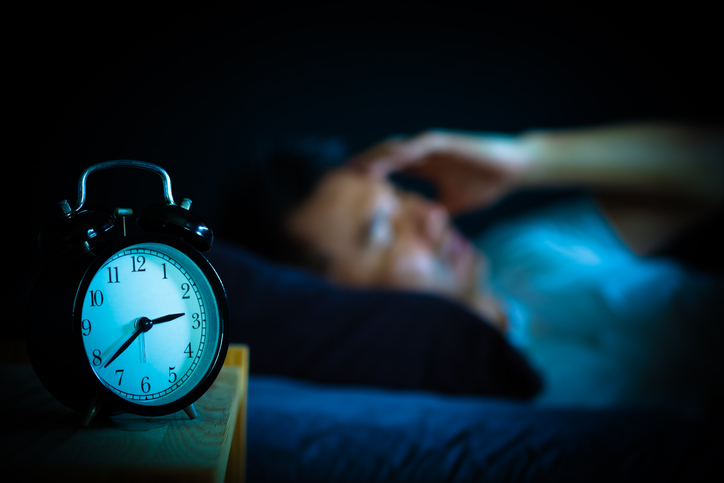
San Francisco-based company Big Health touted the results of a study that found its app for insomnia helped patients with anxiety and depression.
They compared more than 1,000 people in the U.K. who either used the app with therapy, or used therapy alone through the NHS’ IAPT program. Those who used the Sleepio app in conjunction with therapy saw a greater improvement in their anxiety or depression, according to results published in Behaviour Research and Therapy.
Specifically, 65% of Sleepio users saw their GAD-7 and PHQ-9 scores reduced below the clinical threshold, compared to 58% in the control group.
But the study, which was funded in part by Big Health, also had some significant limitations. All but one of its authors either worked for Big Health or were paid consultants of the company.
It also wasn’t randomized or blinded, as all participants were offered the opportunity to use the app. Of about 3,500 people who were offered the option to use Sleepio, just 552 signed up, and 510 were included in the final results. They were compared to a subset of 510 people who had opted not to use the app.
As a result, “it could be argued that those who exercised the choice to take up Sleepio were more motivated generally to persevere with their mental health goal,” researchers noted in the paper.

A Deep-dive Into Specialty Pharma
A specialty drug is a class of prescription medications used to treat complex, chronic or rare medical conditions. Although this classification was originally intended to define the treatment of rare, also termed “orphan” diseases, affecting fewer than 200,000 people in the US, more recently, specialty drugs have emerged as the cornerstone of treatment for chronic and complex diseases such as cancer, autoimmune conditions, diabetes, hepatitis C, and HIV/AIDS.
They tried to mitigate this bias by matching people in the control group with the intervention group based on certain characteristics, including mood.
Also, fewer minorities used the app, accounting for just 10% of the intervention group. A little over 66% of Sleepio’s users were female.
Big Health CMO Dr. Jenna Carl said the study showed Sleepio could further improve care efficiency and outcomes using digital therapeutics.
“This is a strong indicator of our ability to reach people across the clinical pathway with the right approach and at the right time to maximize outcomes,” she wrote in an emailed statement. “The study also identifies the opportunity to apply a similar approach for mental health services in the U.S. and globally, and we will continue exploring unique models and clinical evaluations that improve access to care.”
Sleepio uses sleep restriction, cognitive exercises, and walks users through “sleep hygiene” to help them get a better night’s rest. The app is CE marked, but is not yet FDA cleared. In the U.S., people can only access it through their employer’s health plan.
The company also has a competitor in Pear Therapeutics’ Somryst, which was FDA cleared last year. But like other digital therapeutics companies, it’s still working out the best way to win over reimbursement, as demonstrated by recent filings.
Photo credit: yanyong, Getty Images
This article has been updated with information from Sleepio’s CMO on the company’s future plans.













